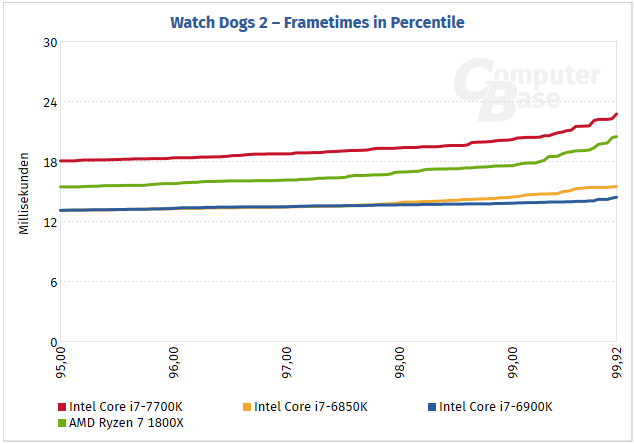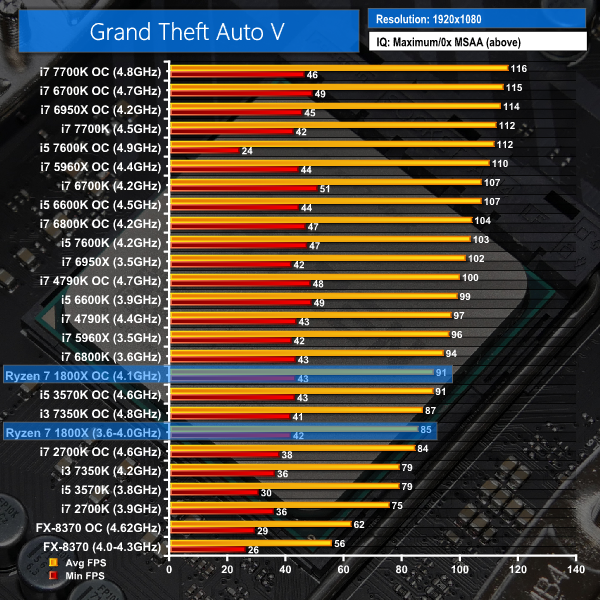Biostar X370-GTN ITX
https://www.facebook.com/BiostarHK/posts/1069865689792162
BIOSTAR Shows off First Mini-ITX Socket AM4 Motherboard
https://www.techpowerup.com/231205/biostar-shows-off-first-mini-itx-socket-am4-motherboard
https://www.facebook.com/BiostarHK/posts/1069865689792162
Biostar HK added 3 new photos.
See what we got! The first #AMD X370 mini-ITX motherboard is coming your way. ��
#BIOSTAR #RACINGseries #SFF #RYZEN
BIOSTAR Shows off First Mini-ITX Socket AM4 Motherboard
https://www.techpowerup.com/231205/biostar-shows-off-first-mini-itx-socket-am4-motherboard
Your turn, Asus Impact.BIOSTAR showed off the industry's first socket AM4 motherboard in the mini-ITX form-factor, the Racing X370-GTN, based on AMD's top of the line X370 chipset. The board draws power from a combination of 24-pin ATX and 4-pin CPU power connectors, and supports all models of Ryzen processors, although we're curious how XFR will work with such slim power inputs. The board conditions power for the SoC using a 7-phase VRM.
The socket AM4 chip is wired to two DDR4 DIMM slots, supporting up to 32 GB of dual-channel DDR4-2666 memory; the PCI-Express 3.0 x16 slot, and since this is an SoC, most of the board's connectivity comes from the processor, too. This includes two out of the board's four SATA 6 Gb/s ports, a 32 Gb/s M.2 slot (reverse side, unseen), 2-4 USB 3.0 ports, and the display I/O. The X370 chipset puts out two additional SATA 6 Gb/s ports, and wires out the HD audio (115 dBA SNR CODEC), and a Realtek DragonLAN GbE controller. The company didn't reveal availability details.










